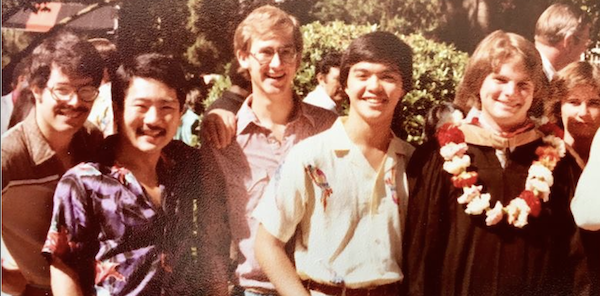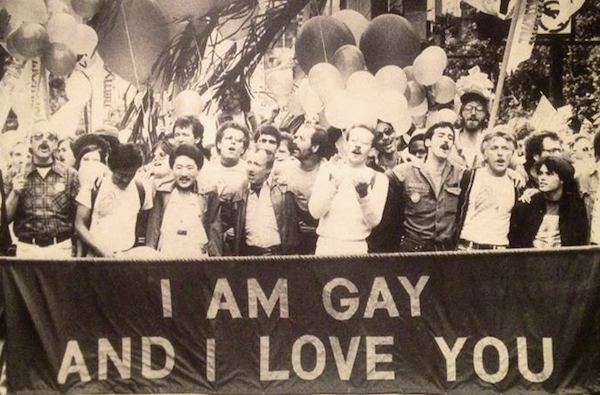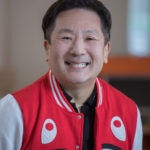It was the Summer of 1978. I was a teenager coming out while spending my break working in San Francisco. This is my journey. Being a gay man/boy in the ’70s felt like being part of a revolution, to be in the vanguard of LGBTQ folks fighting to live our lives completely out of the closet. Back then Gay sex was our “fuck you” to the establishment.
The late ’70s was the height of the lesbian separatist movement. Yes, there was a time with some members of the lesbian community worked to create a world that did not include men, particularly straight, white, cisgender men. Gay men started building our own safe communities that included bars, restaurants, and bathhouses with an explosion of new businesses, jobs, and opportunities. It was the beginning of the community-led infrastructure that would serve as a critical foundation after AIDS. There was little to no awareness of issues impacting people of color. I was often an anomaly in a sea of White people. However, it’s not fair to use a 2022 lens on the ‘70s.
Gay men were divided between those fighting for acceptance by straight society versus those who wanted as much sex as possible. It was the heyday of bathhouses, backrooms, and glory holes. Honestly, it was lots of fun. 1978 was my summer of firsts. Going to my first gay bar, dancing with another man, marching in Pride, and my first real passionate kiss. He was the president of my fraternity, and I was in love.
This photo was taken at San Francisco’s Pride Parade. Published on the cover of the San Francisco Chronicle, it was how I came out to my Asian family and friends. As you can imagine, my mother was horrified. 1978 was also the summer I met David Goodstein (publisher of The Advocate), Jim Hormel (philanthropist), and Rob Eichberg (therapist and creator of National Coming Out Day), three men who changed the course of my life. They helped me see that being gay was about more than sex. My life did not have to be lived in the shadows of a closet. I could be the outrageous gay man I wanted to be. That was a revelation, completely contrary to all my Japanese upbringing. They helped me understand the importance of committing my life to something bigger than just me. Being gay was a gift and not the burden I was feeling.
AIDS completely changed the LGBTQ narrative. After my summers of love in San Francisco, I moved to Seattle for dental school. One fateful day, I read an article in the New York Native by Larry Kramer. It turned my life and the lives of people I loved upside down. Our community had to grow up and we had to do it quickly. Hard core lesbian separatists became caregivers for too many gay men. We came together because the world, particularly people in power, did not care about anyone with AIDS. There was no room for our sick. Many White gay men who thought they were being accepted into the larger society were in for a very rude awakening. For the first time they were treated like second class citizens and it made them mad, something very familiar to people of color.
I’m sharing my memories to remind us of who we were and the challenges we’ve overcome, to remember our courage, power, and strength in the face of adversity. In our many and various iterations as people of color, people living with HIV, LGBTQ, women, drug users, and sex workers, we faced what seemed insurmountable and survived; however, there are still too many causalities. As I look back from where I started, I am amazed what this little scared Japanese boy created. Our journey is not over. We still must end the epidemics of HIV, STDs, and Hepatitis, to commit our lives to something bigger than ourselves. And to look back to a life well lived.
Yours in the Struggle,
Paul Kawata
NMAC


